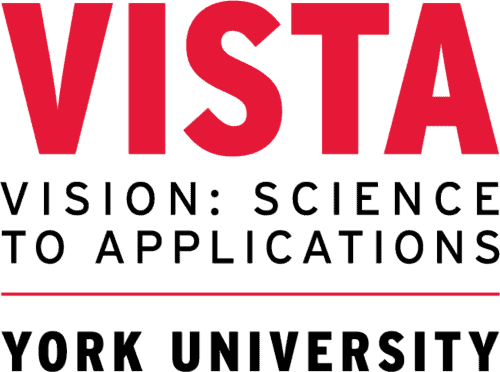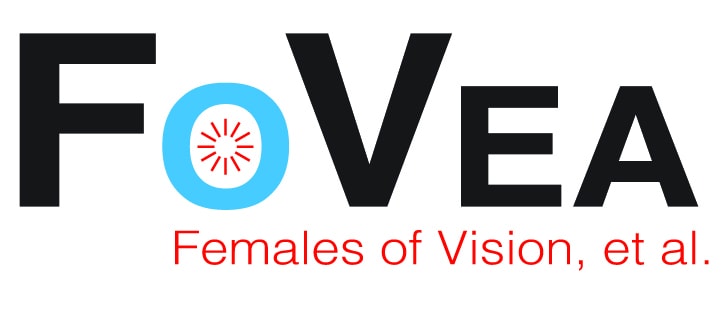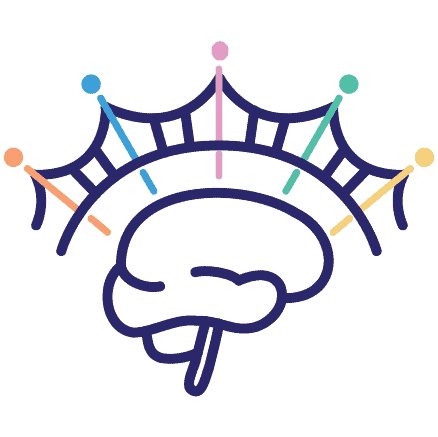Monday, May 20, 2024, 2:00 – 5:00 pm, Blue Heron
Organizers: Sharon Gilad-Gutnick1 & Ella Striem-Amit2
Speakers: Lotfi Merabet3; Jeremy Wolfe4; Sharon Gilad-Gutnick1; Simon Fischer-Baum5; Cheri Wiggs6
1Massachusetts Institute of Technology / Project Prakash
2Georgetown University Medical Center
3Massachusetts Eye & Ear / Harvard Medical School
4Brigham & Women’s Hospital / Harvard Medical School
5Rice University / National Science Foundation
6National Eye Institute, National Institutes of Health
The primary objective of this workshop is to aid in harnessing the insights from vision science to inform practical applications. As vision researchers, we possess a comprehensive understanding of the significance of vision and the crucial role played by brain mechanisms in supporting visual perception. While we advocate for evidence-based policies, rehabilitation initiatives, and school-based vision screening, there is an apparent gap in ensuring that our scientific knowledge effectively reaches the key stakeholders who can drive meaningful changes in both clinical and neurotypical populations. Several challenges, such as delayed translation between research and medical treatment, resource limitations, and a lack of incentives for researchers to engage with stakeholders, hinder our impact on society.
The workshop aims to address these challenges by creating a roadmap for vision researchers, offering tangible pathways for them to engage directly with society through their research. This engagement can take various forms, including promoting policy change, collaborating with clinicians and schools, and advocating for evidence-based interventions. The desired outcome of the event is to establish a network of scientists interested in pursuing implementation science within vision research. Eventually, this network could evolve into a permanent organization or committee dedicated to supporting such initiatives within the vision sciences community.
The workshop agenda will include presentations by researchers discussing how policy can be derived from vision science findings, featuring challenges, success stories and sharing advocacy resources. Additionally, we will hear from representatives from a funding agency about available mechanisms supporting such work, as well as from representatives from organizations driving evidence-based policy research. The workshop will also include breakout sessions into round tables, providing attendees with a platform to share their experiences, challenges, and ideas for creating a collaborative community to drive these initiatives forward. Ultimately, the workshop aims to establish a network of individuals interested in further collaboration and follow-up efforts.





